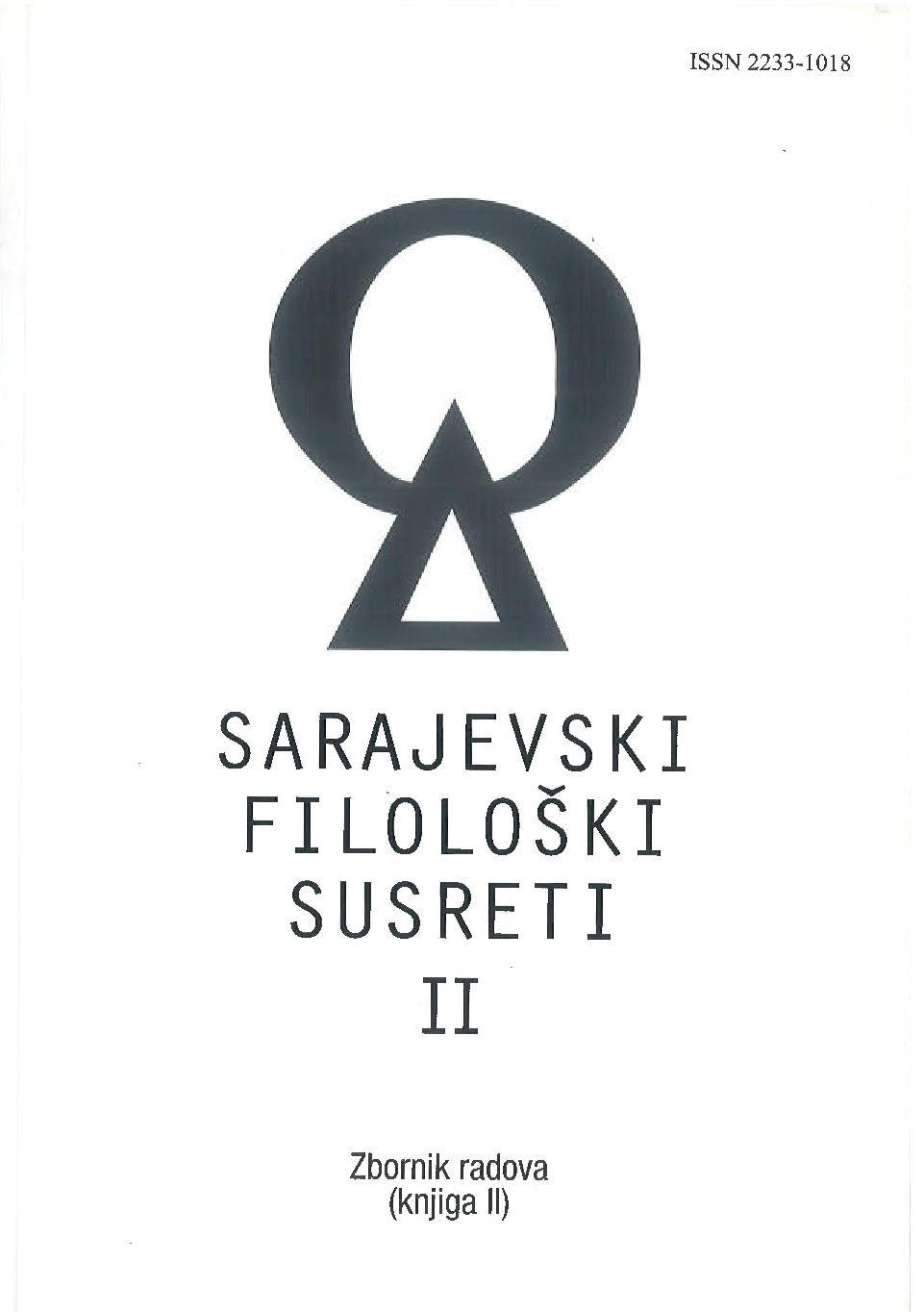KNJIŽEVNOHISTORIJSKA I POETIČKA UPOTREBA MAHLASA
USE OF MAHLAS IN LITERARY HISTORY AND POETICS
Author(s): Esad DurakovićSubject(s): History, Bosnian Literature
Published by: Bosansko filološko društvo
Keywords: literary history; Oriental Islamic literature; ethnocentrism; poetic signature; mahlas; universal and local; collective and intimate;
Summary/Abstract: The poetic signature, or mahlas, is used in this work to deconstruct ethnic criteria within the history of literature, particularly in the fild of Oriental languages such as Arabic, Turkish and Persian. The author opposes ethnic concepts perceived in the incorrect understanding of mahlas. He considers ethnocentric approaches to literature as false methods, as they do not evaluate literature as a system of values with a high degree of universality, derived from its intertextual character. Classic Oriental-Islamic literature surpasses notions of national identity, since authors at that time wrote in many different languages. For Bosniaks it was accepted practice to compose works in Arabic, Turkish and Persian. Evidently, national identity was neglected in order to promote and affirm cultural identity, which is above ethnic differences. One of the plausible means to affirm cultural identity is the unique poetic signature (mahlas). By avoiding the engraving of the mahlas in his own language, the poet of that time reflcted a high degree of intertextuality. Therefore, Bosniak authors never advocated their Slavic names in poetry, although this unique poetic phenomenon and its repercussions were regularly misunderstood and misinterpreted.
Journal: Sarajevski filološki susreti: zbornik radova
- Issue Year: 2/2014
- Issue No: 2
- Page Range: 13-23
- Page Count: 11
- Language: Bosnian

